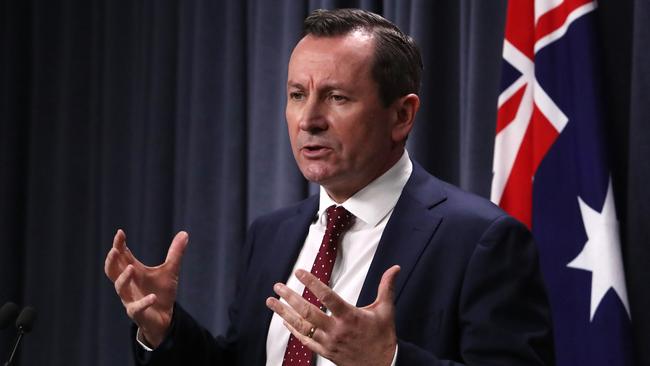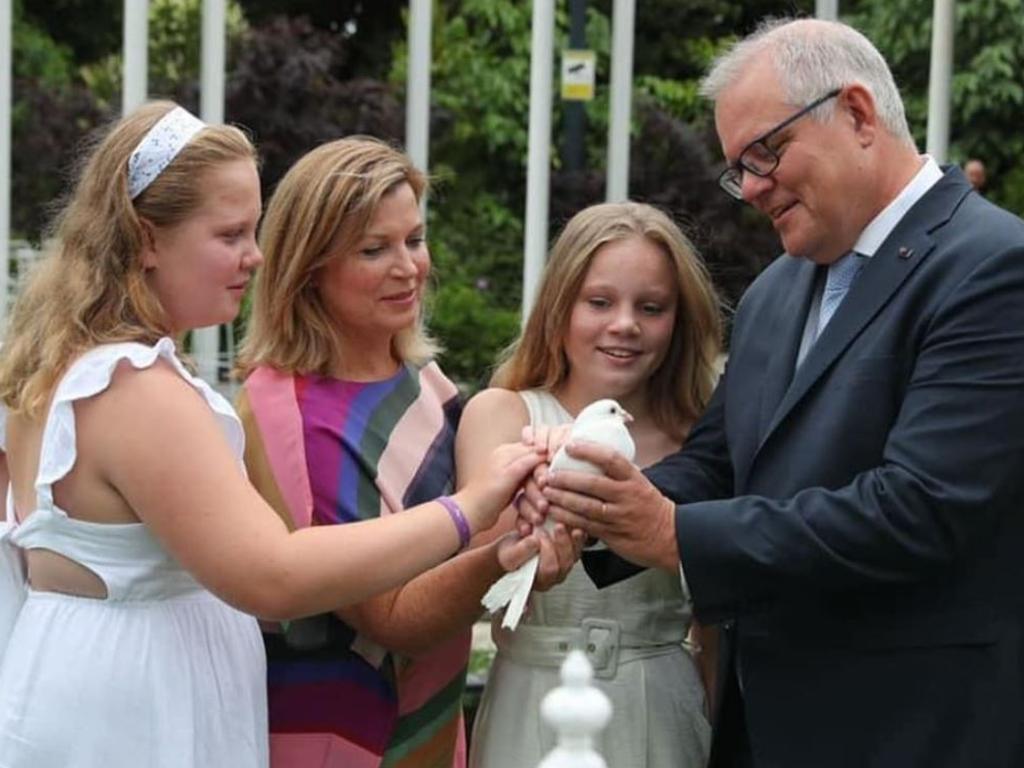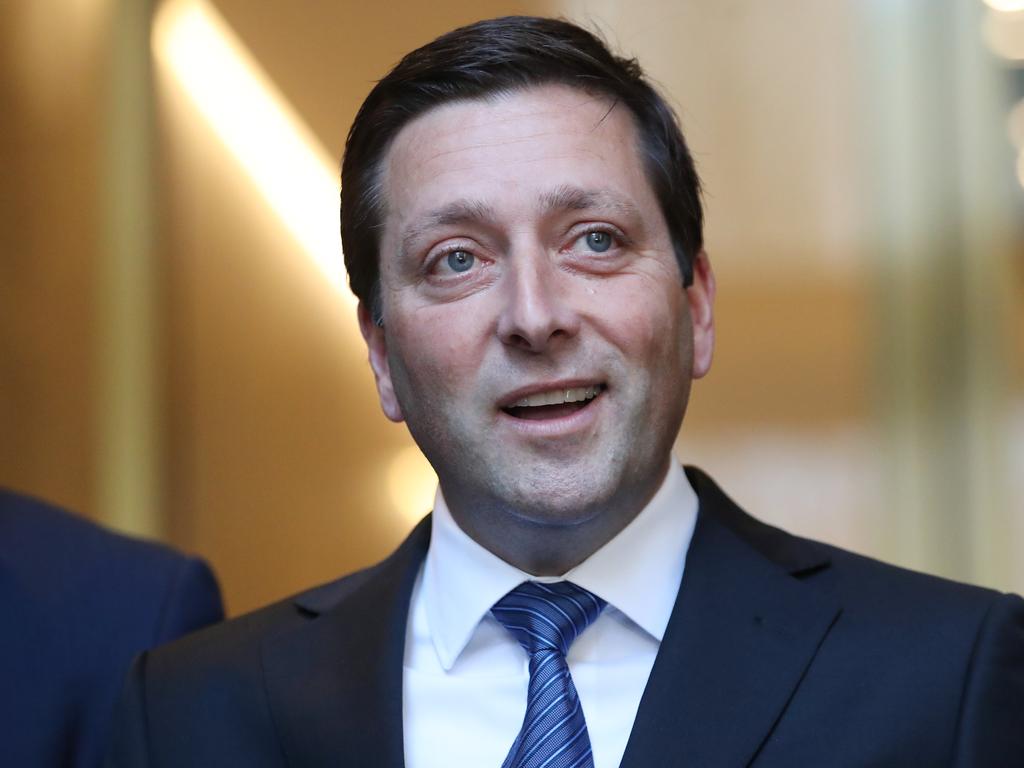West Australian surplus puts GST carve-up in spotlight
With other states battling big deficits, WA’s iron ore and GST windfalls will only add to calls for another GST reworking.

Western Australia’s record-breaking $5bn budget surplus is set to reignite debate over the federal government’s GST redistribution, with billions that would have previously flowed to other jurisdictions earmarked for a state already awash with cash.
WA will confirm on Thursday that it has recorded its biggest budget operating surplus ever, thanks to a boom in iron ore prices and the sweetened GST deal secured with the federal government in 2018.
Thursday’s budget — the first since Premier Mark McGowan made himself Treasurer following the retirement of Ben Wyatt at the March state election — includes $1.9bn of spending on the state’s struggling health system but is not expected to deliver any big-ticket reforms, despite the re-elected government having a massive majority in both houses.
The GST floor introduced as part of the 2018 deal ensures WA keeps at least 70c of every dollar of GST revenue it raises for the government. Previously, major spikes in the iron ore price such as those of the past year would have seen WA’s GST share fall to less than 20c in the dollar.
With other states battling significant deficits because of the impact of the pandemic, WA’s twin iron ore and GST windfalls will only add to calls for another reworking of GST carve-up rules.
Cassandra Winzar, Perth-based senior economist at the Committee for the Economic Development of Australia, said she was sure arguments over the GST would only grow louder in the wake of the budget windfall.
“The 2018 changes to the GST are certainly benefiting WA at the moment, but we can’t go back to the old system either, which really added a lot of volatility to what is already a very cyclical economy,” she said. “What it really shows is that the current GST distribution system is not really working for any of the states, and it needs some wholesale reform.
“We need a fundamentally simpler and more transparent system of distribution that really works for all the states.”
Mr McGowan cited the potential agitation from other states for a greater share of WA’s GST revenues as a key factor in his surprise decision to make himself Treasurer earlier this year. Scott Morrison has previously ruled out any more changes to the system.
The WA Premier has already announced a $1.9bn funding injection into the state’s struggling health system — which has been beset by capacity restraints despite a lack of Covid-19 in the community — in the lead-up to the budget, as well as extra investments into social housing.
The forecast operating surplus is almost double the previous best in the state’s history when it recorded a $2.6bn surplus in 2005-06.
The windfall will also put pressure on the government to listen to unions and abandon the cap on public sector pay rises that has been in place since Mr McGowan was elected on promises to repair the state’s finances.
Chamber of Commerce and Industry of WA chief economist Aaron Morey – a former adviser to Mr Wyatt – said wage restraint had played an “enormous role” in repairing the state’s finances and the case for restraint still remained. “We’ve still got some of the highest-paid public servants in the country,” he said.
“The public sector have also enjoyed that stability in work throughout the Covid period, and that’s worth a lot in and of itself.”
Ms Winzar said the dire financial circumstances that prompted the wages cap were no longer relevant. “I don’t think that policy really makes sense in the current environment,” she said. “There is now a lot of competition for skills, including the public sector, and there’s not really a budget argument for it when you’re making a pretty big surplus.”
While post-election budgets are typically the time to unveil big new measures, there has been nothing in the lead-up to the budget to suggest any large-scale structural reforms are planned.
That suggests the perennial calls for an overhaul of the state’s payroll tax system are likely to again go unheeded.
Mr Morey said the CCI would continue to hold out hope for some sort of payroll tax reform. “We need to strike now while the iron ore is hot and diversify our economy while we can,” he said.








To join the conversation, please log in. Don't have an account? Register
Join the conversation, you are commenting as Logout